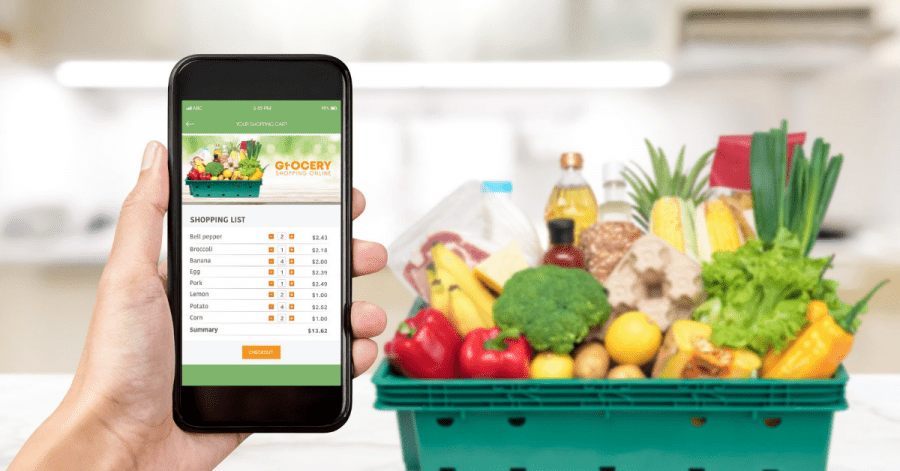The highly competitive online grocery delivery service market in Romania will be welcoming a new player, as Rohlik Group plans to launch its services under the new Sezamo brand in the first half of 2022. The entrance is part of the larger expansion plans of the CEE unicorn, which they hinted at earlier in the year, following a €100M Series C funding round.
Food and Latin are the key languages behind the Sezamo brand
Launched in Prague seven years ago, Rohlik uses the virtual supermarket and fast-delivery model, but has a different proposition than most other players. In all the markets where they operate, Rohlik partners with big retailers, but also with wholesalers and local businesses, creating synergies between market players instead of crowding out small food merchants. The diverse product mix also helps the company personalize their offering in each market, as well as flexibly respond to local market demand.
Thus far, Rohlik has reached more than 750K customers in the Czech Republic, Austria, and Hungary, and they reported a revenue of over €300M in 2020 alone. Most recently, the company entered the German markets, where they surpassed their target of 1000 orders per day in record time, announced Tomáš Čupr, Rohlik Group founder.
Building on its success across CEE, Rohlik aims to become the leading player in the European online grocery retail market. The startup will next expand to Romania and Italy in the first half of 2022, followed by Spain in the second part of year, bringing their presence to a total of seven markets.
With the Sezamo brand, Rohlik hopes to appeal to the common Latin heritage of Romania, Italy, and Spain. The name makes a playful reference to the sesame seed, popular in all three countries, and known as “susan” in Romanian, “sesame” in Italian, and “sésamo” in Spanish.
In Romania, Sezamo.ro aims to deliver up to 8000 food products directly to consumers’ homes within a 2 hours range. The range of products will include fresh regional produce, international brands, and Rohlick’s private label.
To meet these plans, the company is building a 10K square meters warehouse in CTPark Bucharest North for both suppliers and customer delivery teams, with dedicated storage spaces at controlled temperature for its fresh food range. Recruitment and training are next on the list – the company says thousands of jobs could be created in Milan and Bucharest following the expansion.
The Romanian food and grocery delivery market remains competitive
Romania is one of the countries with the biggest growth rates in e-commerce in Europe, with 30% vs. 36% the Eastern European average. When it comes to groceries, 45% of global consumers are shopping more online vs. pre-pandemic levels. Another key trend is the preference for faster and faster delivery times, which has fuelled the spreading of third-party delivery providers, as well as the adoption of micro-fulfillment tactics placed close to the end customers.
Earlier this year, The Recursive reported on Glovo’s acquisition of the Delivery Hero’s food delivery operations in the Balkans. This led to more consolidation in the Romanian market, as Glovo took over foodpanda. Glovo also acquired Lola Market, the delivery app partnering locally with French retailer Auchan. Other online grocery delivery companies also increased their footprint. Bringo further expanded its partnership with Carrefour to two more cities, Cluj-Napoca and Timisoara.
At the same time, Rohlik is not the only new player in the market.
This autumn, Milan-based Everly announced its plans to expand to Romania and Germany at the beginning of 2022. The company aims to offer one-hour delivery regardless of the type of groceries.
Moreover, Bolt Food, the food delivery arm of one of the largest European mobility companies, has recently launched Bolt Market, a dedicated online shopping delivery service for both food and non-food products. Through the Bolt food app, customers can order up to 2000 grocery items from Bolt Market stores, and receive them in 15 minutes.
Finally, if fresh food used to be the segment least served by online grocery delivery services, this no longer seems to be the case. The newest player in this niche, Freshful by eMag, delivers fresh vegetables, fruits, meat, and fish products, in addition to non-food products, within a 18K product range. Freshful aims to partner with local producers and farmers to offer a selection of bio and ecological products.








